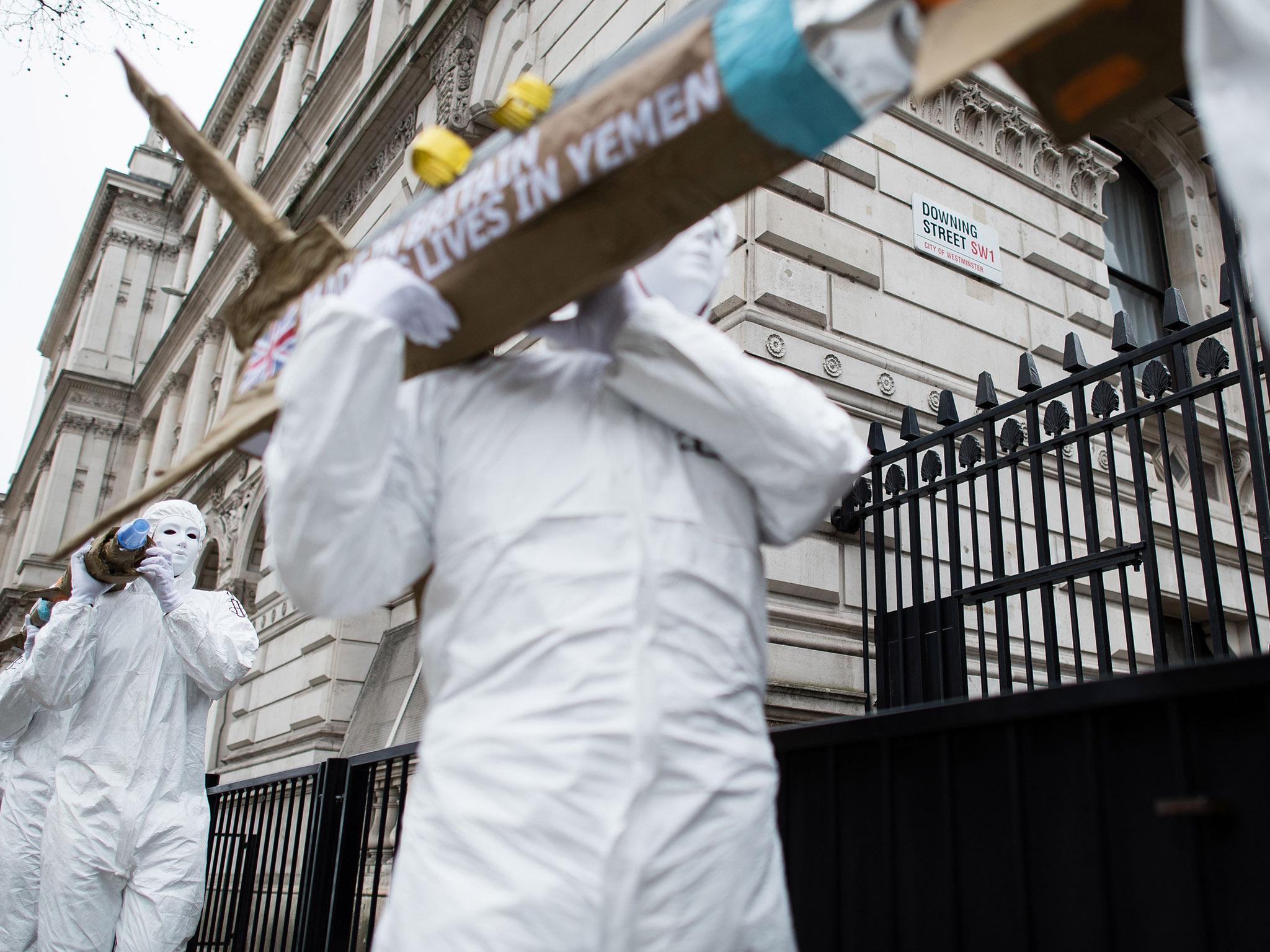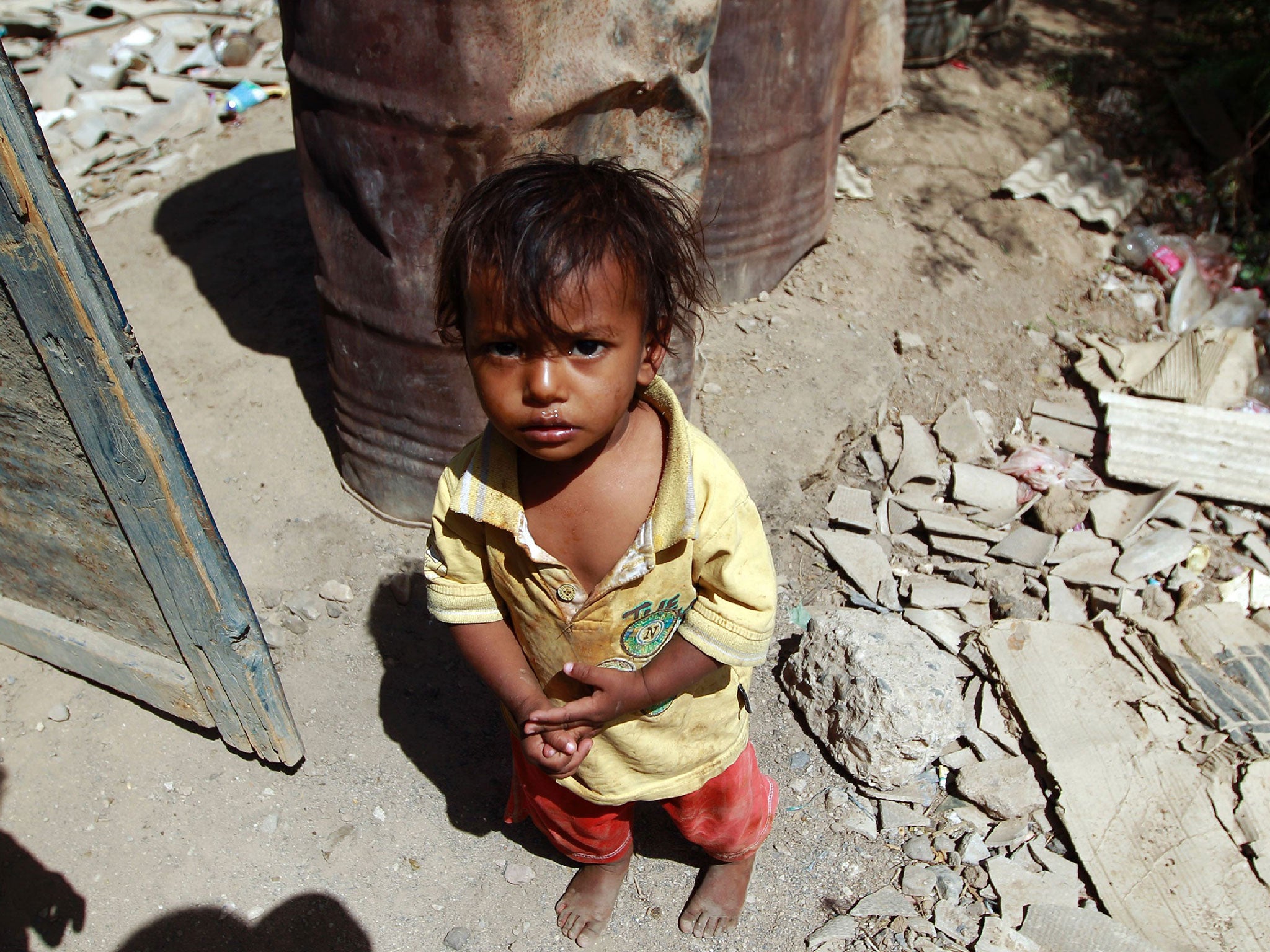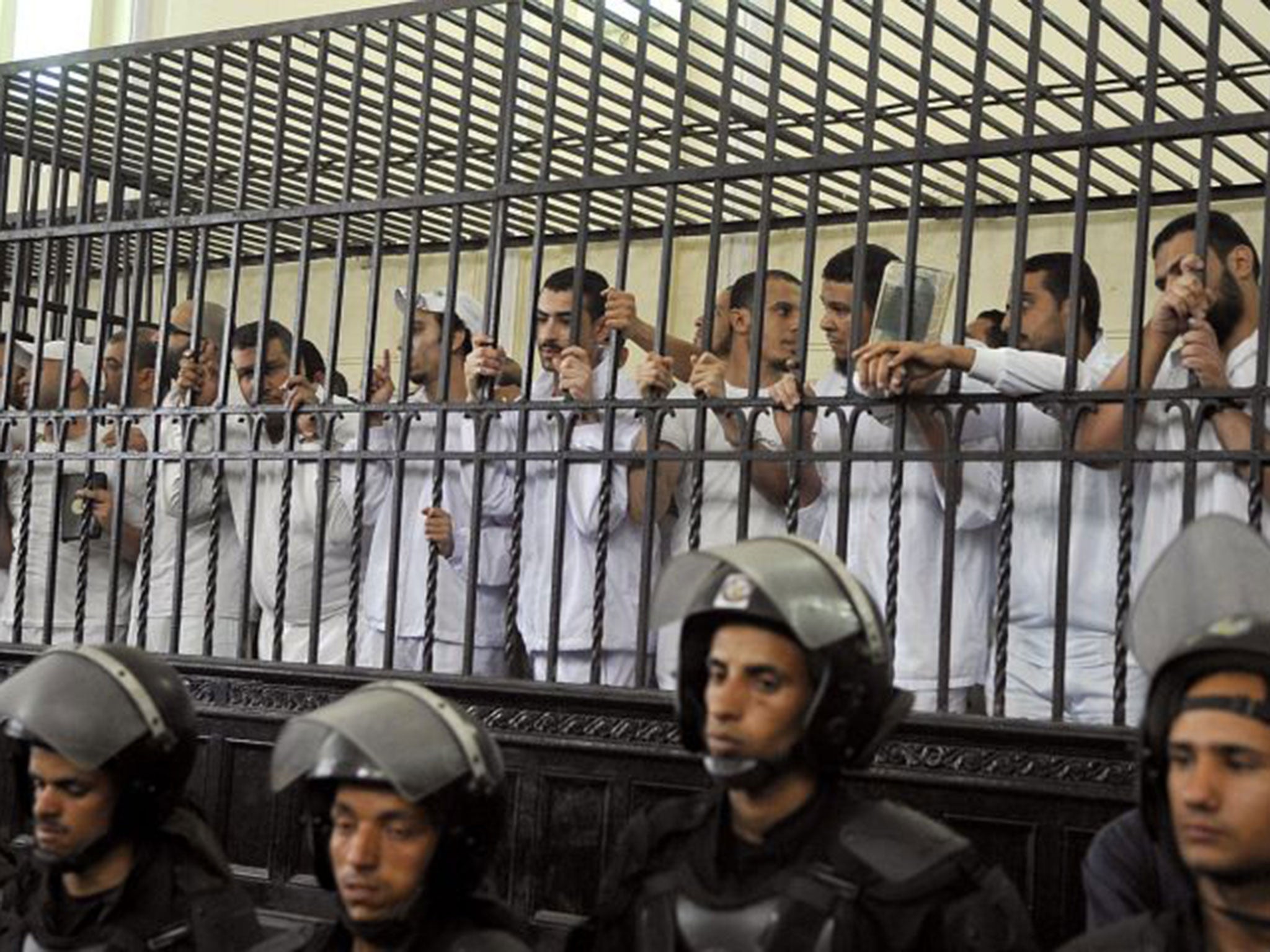UK Government appears to care more about trade than human rights, MPs say
Foreign Affairs Select Committee says Government appears to overlook the abuses of countries it trades with

Your support helps us to tell the story
From reproductive rights to climate change to Big Tech, The Independent is on the ground when the story is developing. Whether it's investigating the financials of Elon Musk's pro-Trump PAC or producing our latest documentary, 'The A Word', which shines a light on the American women fighting for reproductive rights, we know how important it is to parse out the facts from the messaging.
At such a critical moment in US history, we need reporters on the ground. Your donation allows us to keep sending journalists to speak to both sides of the story.
The Independent is trusted by Americans across the entire political spectrum. And unlike many other quality news outlets, we choose not to lock Americans out of our reporting and analysis with paywalls. We believe quality journalism should be available to everyone, paid for by those who can afford it.
Your support makes all the difference.The UK is increasingly giving the impression that it cares more about trade and security than human rights with the Government apparently overlooking abuses in countries such as Saudi Arabia, Egypt and Bahrain, MPs have warned.
The Commons Foreign Affairs Select Committee said the omission of Egypt and Bahrain from the Foreign Office’s list of countries requiring special attention on human rights helped foster the idea it "has become more hesitant in promoting and defending international human rights openly and robustly".
Last year, the Foreign Office's most senior civil servant admitted to MPs that human rights was "not one of our top priorities" and that the "prosperity agenda is further up the list".
Ministers have denied that human rights are no longer a top priority but campaign groups such as Amnesty International have attacked the UK for allowing the sale of British-made arms to Saudi Arabia which have then been used in the Yemen conflict. United Nations officials have said Saudi air strikes could be targeting civilians at hospitals, markets, schools and even at weddings in the country in a direct violation of international law.

The Foreign Affairs committee criticised Middle East Minister Tobias Ellwood in particular for telling Parliament he couldn't recall whether he raised human rights while leading a business delegation to Egypt and saying that relations between London and Cairo were "in a very positive place".
"We are disappointed by his choice of language on this occasion and others, which raises questions about how energetically the Government is raising human rights issues", the committee concluded.
According to human rights groups, Egypt’s government - which took power after a coup against elected President Mohamed Morsi in July 2013 - is behind the disappearance of 1,840 people in just 12 months.
Last month, a four-year-old was sentenced to life in prison for four murders, attempting another eight, vandalising property and threatening police officers after his name was accidentally included on a list of 115 defendants convicted in a mass trial.
The Foreign Office, the committee's report concluded, should be "more mindful of the perceptions it creates at ministerial level, especially when other interests are engaged such as prosperity and security, as is the case with China, Egypt and Saudi Arabia".

The committee welcomed the Government's decision to increase the amount of dedicated human rights funding to £10.6m but criticised its restriction to countries receiving overseas aid.
It also called for a relaxation of rules blocking funding for groups which were not registered in their own countries, saying it "acts against an intelligent deployment of resources".
While there were concerns about the consequences of funding for unregistered groups, grants should be considered for those "which have been suitably vetted but face genuine restrictions".
Additional reporting by PA
Join our commenting forum
Join thought-provoking conversations, follow other Independent readers and see their replies
Comments